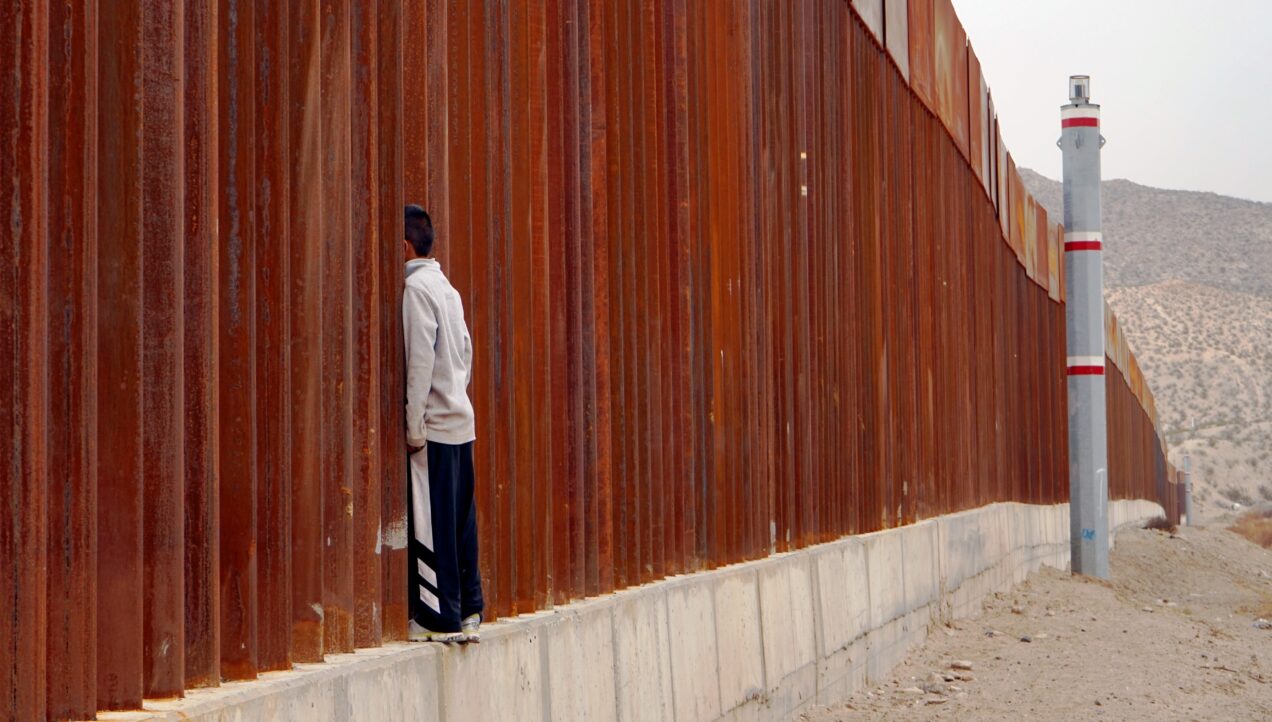I read the “Zen and the Art of Motorcycle Maintenance” by Robert M. Pirsig first when I had moved to Turkey and back in 2010. A dear friend of mine; Sarah had gifted the book as a birthday gift. Knowing I was running away from the everyday normality and was desperately looking for ways to free myself and step into a new path she had rightfully gifted that book for me at exactly the right time. To this day, I still don’t know if she really realizes what an enormous effect her gift has had in my life ever since reading it. The book also aligned perfectly well with the stories my close friend Sean would be sharing with me about his insanely adventurous bicycle tour from Alaska to Ushuaia over an almost 3-year period (see RidingTheSpine). I would often find myself dreaming of being free like that and getting after my own personal adventure. I’ve been deeply influenced by a few books in my life and they’ve helped me make choices and take steps I would’ve never made have I had never had the chance of reading them and believe it or not, the first would be “The Alchemist” by Paulo Coelho when I read it at the age of 12.
Fast forward a few years and I had already pursued a few adventures of my own and had settled back into a routine life that obviously made me search for more meaning. It was then that again exactly at the right time my dearest brother recommended “Flow” by Mihaly Csikszentmihalyi. Reading this gem of teachings, I discovered profound insights into living a fulfilling life. These two influential works have provided me with valuable guidance on integrating their teachings into my everyday life. I would like to share some practical tips that can enhance our experiences and make our lives more meaningful.
One of the most important lessons I learned from both books is the value of recognizing and appreciating quality beyond subjective judgment. Pirsig’s exploration of the “Metaphysics of Quality” and Csikszentmihalyi’s concept of flow highlight the significance of engaging in activities that bring deep enjoyment, fulfillment, and heightened focus. By actively seeking out quality experiences and immersing myself in activities that allow me to enter a state of flow, I have been able to enrich my life and find greater meaning in my daily pursuits.
Pirsig’s emphasis on craftsmanship and hands-on work deeply resonates with me. Engaging in activities that require skill development and focused attention, such as repairing a motorcycle or pursuing any other craft, brings a profound sense of connection, accomplishment, and joy. Nurturing my craftsmanship skills has enabled me to experience the satisfaction that comes from creating or fixing something with my own hands.
Mindfulness is another practice that both authors highlight as a gateway to experiencing flow. By being fully present in each moment and bringing focused attention to my actions, I can enter a state of flow where time seems to disappear, and I am completely absorbed in the task at hand. This state of mindfulness and flow brings a heightened sense of focus, enjoyment, and a deeper connection with the present moment.
The exploration of reconciling science and spirituality by Pirsig also strikes a chord with me. Both authors suggest that integrating rationality and intuition can enhance the experience of flow. By acknowledging the interconnectedness of analytical thinking and intuitive understanding, I can embrace a more holistic approach to life, allowing me to experience the joy and fulfillment that flow brings.
Self-reflection and aligning my actions with my values have been transformative practices for me. Pirsig encourages me to question my values, and Csikszentmihalyi’s research shows that when individuals engage in activities that align with their values, they are more likely to experience flow. By reflecting on my values and making choices that are in harmony with my authentic self, I can cultivate a sense of purpose, fulfillment, and flow in my daily life.
By integrating the teachings from “Zen and the Art of Motorcycle Maintenance” and “Flow,” I have discovered practical guidance for living a more meaningful and enjoyable existence. Embracing quality, nurturing craftsmanship, practicing mindfulness, reconciling science and spirituality, reflecting on the self, and aligning my actions with my values have all contributed to my personal growth and overall sense of fulfillment. Let us embrace these insights, tap into the state of flow, and embark on a journey of self-discovery and fulfillment.

